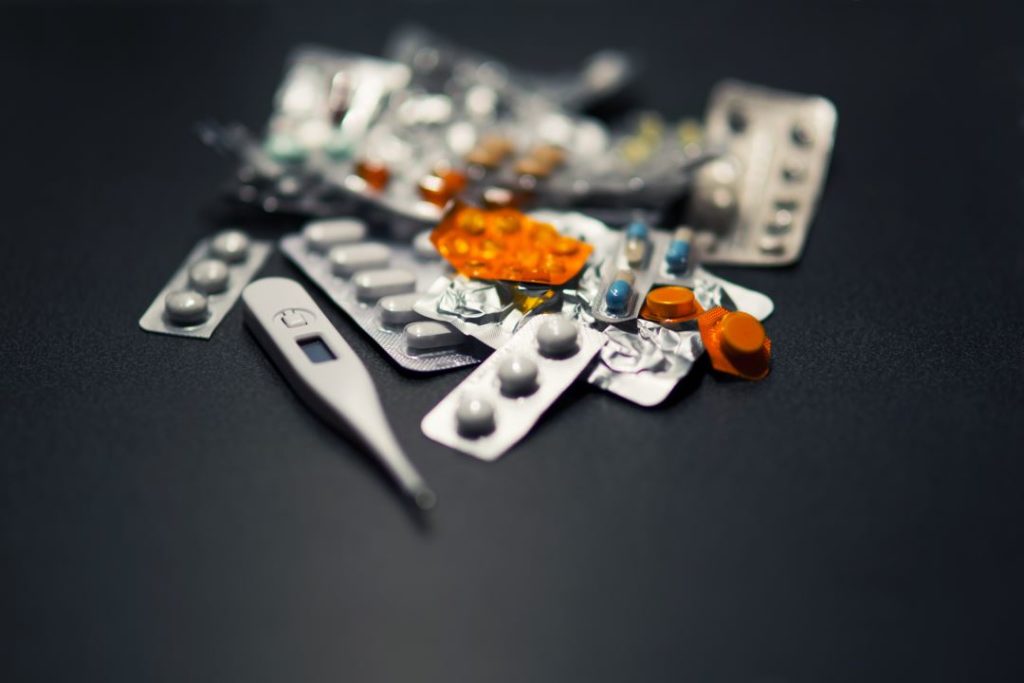
Contents
What are Antibiotics?
Antibiotics are medicines that fight or prevent infection caused by bacteria. Antibiotics can’t fight viral infections such as cold and flu. There are various antibiotics available and they come in various different brand names. Antibiotics are usually grouped together based on how they work. Each type of antibiotic only works against certain types of bacteria or parasites. This is why different antibiotics are used to treat different types of infection. The main types of antibiotics include:- Penicillins for example, phenoxymethylpenicillin, flucloxacillin and amoxicillin.
- Cephalosporins for example, cefaclor, ceftum.
- Tetracyclines for example, tetracycline, doxycycline and lymecycline.
- Aminoglycosides for example, gentamicin and tobramycin.
- Macrolides for example, erythromycin, azithromycin and clarithromycin.
- Sulfonamides and trimethoprim for example, co-trimoxazole.
- Metronidazole and tinidazole.
- Quinolones for example, ciprofloxacin, levofloxacin and norfloxacin.
What is Antibiotic Resistance?
Taking antibiotics when they are not really necessary will not speed your recovery and can even contribute to a problem known as antibiotic resistance. Antibiotic resistance refers to the capacity of many bacteria to become resistant to a particular antibiotic so that it is no longer effective against these bacteria. It is known that the increasing use of antibiotics when they really aren’t needed has contributed to this problem and has led to the evolution of many bacterial strains that no longer respond to treatment with common antibiotics; a phenomenon is known as antibiotic resistance.Why should we be Concerned about Antibiotic Resistance?
When antibiotics do not work, infections often last longer, cause more severe illness, require more doctor visits or extended hospital stays, and involve more expensive and toxic medications. Some resistant infections can even cause death. Antibiotic resistance has been called one of the world’s most pressing public health problems. Almost every type of bacteria has become stronger and less responsive to antibiotic treatment when it is really needed. These antibiotic-resistant bacteria can quickly spread to family members, schoolmates, and co-workers threatening the community with a new strain of infectious disease that is more difficult to cure and more expensive to treat.Antibiotics are responsible for almost 1 out of 5 visits to emergency departments for drug-related adverse events; nearly 80% of those visits are due to an allergic reaction. Exposure to antibiotics during infancy is associated with elevated body mass index (BMI) and risk of childhood obesity.
Points to be Stressed
- It is important to take antibiotics in the correct way. If you do not, this may reduce how well they work. For example, some antibiotics need to be taken with food and others should be taken on an empty stomach. If you do not take your antibiotics in the right way it will affect how much of them get into your body (their absorption) and therefore they may not work as well. So, follow the instructions as given by your doctor and on the leaflet that comes with the antibiotic you are prescribed.
- Take all the antibiotic medicine your doctor prescribes to you. Do not skip doses. Don’t save the medicine for the next time you are sick. If you skip even one or two pills, some bacteria might be left in your body and resist future antibiotic treatment.
- Overuse of antibiotics has led to some bacteria changing their form or structure (mutating) and becoming resistant to some antibiotics, which may then not work when really needed. For example, methicillin-resistant Staphylococcus aureus (MRSA) is a bacterium that has become resistant to many different antibiotics and is difficult to treat.
- If your doctor determines that you do not have a bacterial infection, ask about ways to help relieve your symptoms. Do not pressure your doctor to prescribe an antibiotic.
- Wash your hands with soap and water before you eat and after you use the bathroom. Regular hand washing will help keep you healthy and reduce the need for antibiotics.